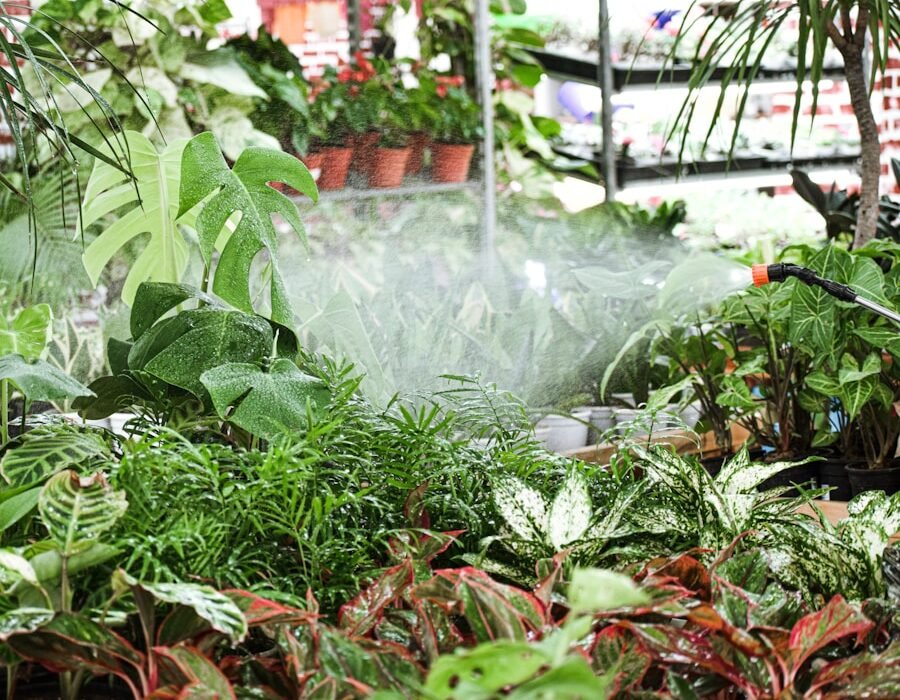From Nursery to Home: The Essential Steps for Acclimating New Plants
For individuals acquiring new plants, successful acclimation is critical for the plant’s long-term health and establishment. The transition from a nursery or retail environment to a home or garden presents numerous potential stressors. This article outlines the essential steps to guide new plants through this period, minimizing shock and promoting vigorous growth. Understanding the Nursery










